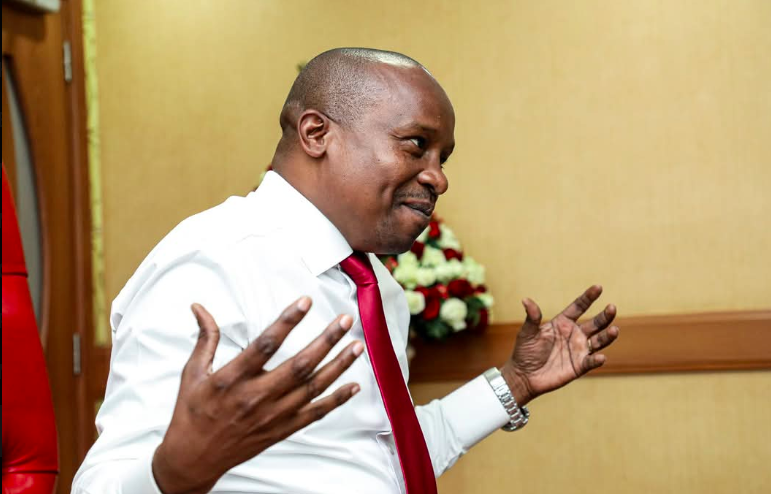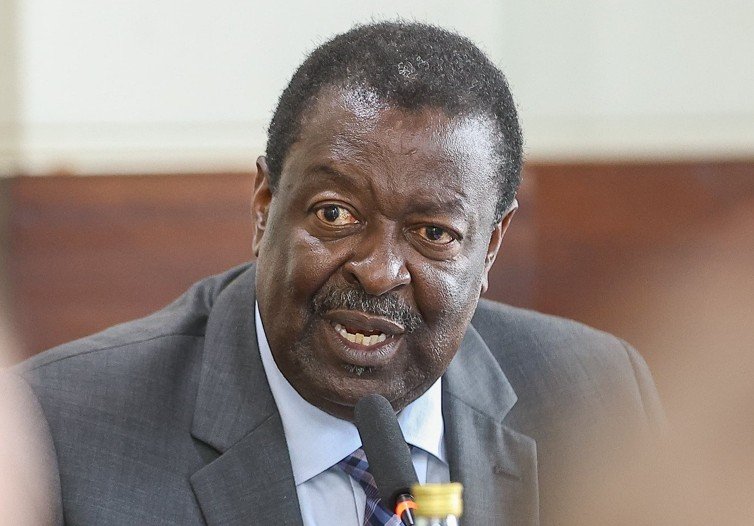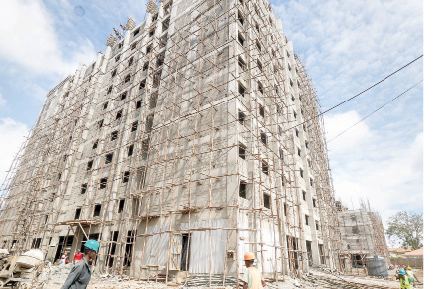Housing Levy is constitutional – High Court

The High Court has ruled that the Housing Levy Act is constitutional as it was enacted in line with the provisions of public participation as enshrined in the Constitution.
A three-judge bench of Justices Olga Sewe, John Chigiti and Josephine Mong’are found that even though the petitioners had stated that public participation was only carried out in 19 counties hence discriminating 28 counties, it was adequate public participation.
“The court finds that the affordable housing levy is not discriminatory as alleged by the petitioners…the levy is properly in force and is in accordance with the constitution,” the judges ruled.
While dismissing the petitioners’ case, the judges said they failed to prove their case in light of any principle known in law.
Public participation
“There’s no dispute that housing policy is a shared function between the two levels of government, although the two levels of government are distinct, they enjoy mutual consultation and the affordable housing programme has representation from national and county governments,” they ruled.
The judges further said there is no legal requirement that public participation must be conducted in all 47 counties.
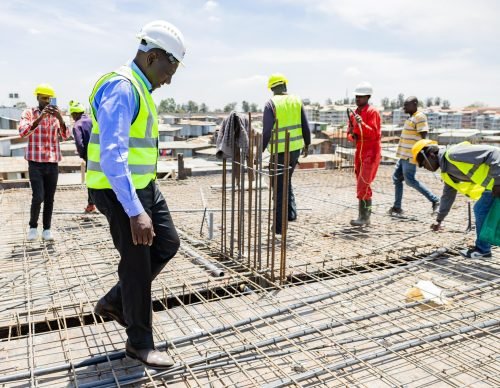
The short time of public engagement is permissible and certifies legal requirements, they said.
Six cases were filed challenging the law and the affordable housing levy that was imposed at a standard rate of 1.5 per cent on the gross salary of an employee or the gross income of income received or accrued.
Petitioners
The petitioners included KHRC, Katiba Institute, Nakuru doctor and Magare Gikenyi among others.
They had challenged its constitutionality arguing that there was no public participation.
The petitioners had alleged that the introduction of the housing levy would add a tax burden on citizens already grappling with heavy taxation.
They further challenged the constitutionality of the appointment of the Commissioner General of the KRA as the collector of the affordable housing levy under Section 2(1) of the Affordable Housing Act.
The government, however, defended the Affordable housing programme by submitting that the initiative is designed to meet the critical housing needs of Kenyans.
The Cabinet Secretaries for Lands and Housing as well as Treasury argued that the Act sought to fulfil the constitutional right of every Kenyan to adequate and accessible housing.
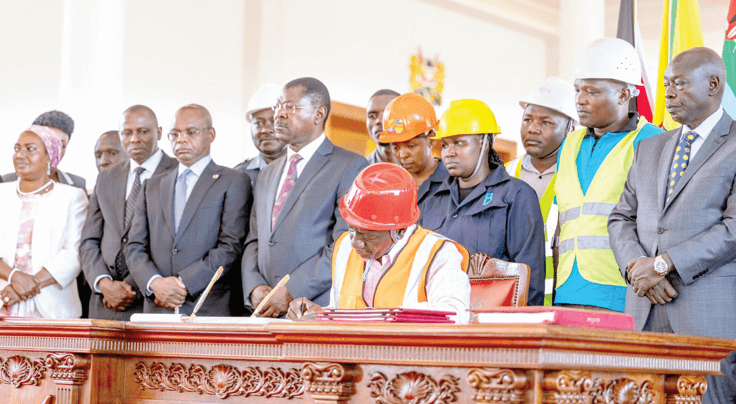
Former Attorney-General Githu Muigai submitted on behalf of the Land and Housing CS that Parliament conducted public participation and came up with necessary legislative mechanisms, for the enactment of the law.
He said the bill was subjected to public participation before it was enacted through direct participation by way of memoranda and submission to Parliament by members of the public and indirect participation through debate, amendments and proposals done by MPs.
On claims that the act was discriminatory against salaried employees, the government said section 4(2) of the act provides that the affordable housing levy is imposed at a standard rate of 1.5 per cent on the gross salary of an employee or the gross income of a person received or accrued.
He said the levy was imposed to raise funds that will be used to enable all citizens to have a measure of equitable access to decent affordable housing.
“This means that the affordable housing levy extends beyond salaried employees to include persons who have other sources of income. This broadens the revenue base to include all persons, irrespective of their employment status,” Muigai told the court.
The government said all Kenyans are entitled to apply for affordable housing units by the act and the absence of a guarantee that all contributors to the fund will personally benefit directly from their contributions does not violate the constitution.
On November 28, 2023, the court said the housing levy was against the Constitution, noting that it was discriminatory against those in formal employment.
On February 21, 2024, Members of Parliament passed a new law called the Affordable Housing Act of 2024, to deduct employees’ and employers’ contributions for the so-called “affordable houses.”
President William Ruto approved this law on March 19, 2024.
